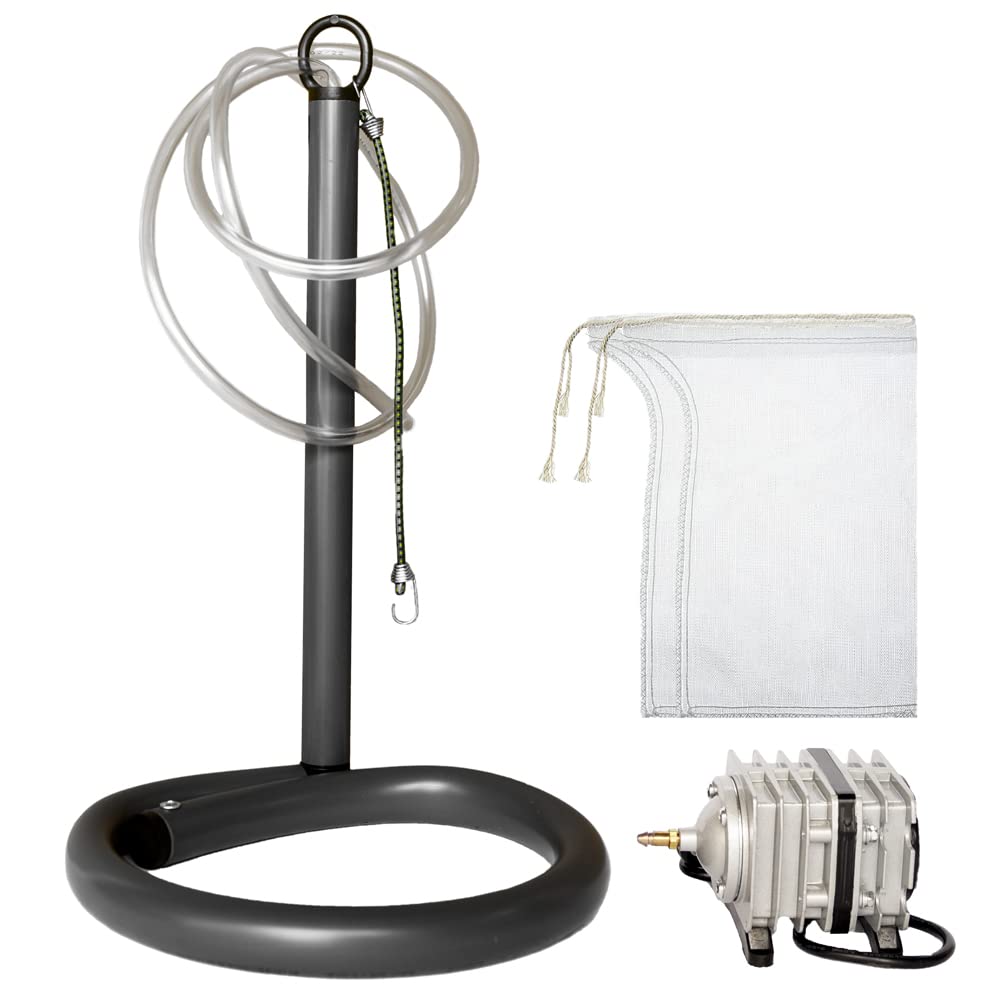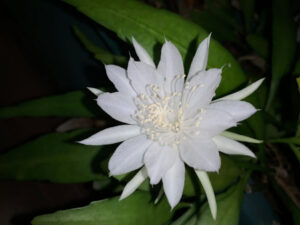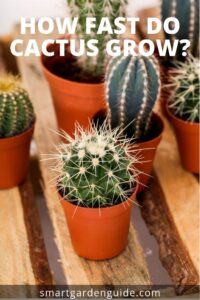Have you ever wondered what secret ingredient could elevate your plants to new heights of health and vibrancy? Enter worm casting compost tea, a nutrient-dense elixir that has been enjoying a renaissance among gardeners and horticulturists alike. As the gardening world flourishes with new trends and techniques, this organic powerhouse emerges as a quintessential tool for every plant enthusiast. However, there remains a conundrum: with various methods and recipes available, how does one reliably concoct the most effective worm casting compost tea to truly nurture their green allies?
To demystify this botanical boon, let’s explore the myriad benefits it bespeaks, the science behind its efficacy, and the steps necessary to create and utilize this unparalleled plant booster.
The Science Unraveled: What Makes Worm Casting Compost Tea Exceptional?
Worm casting compost tea is not merely a blend of worm excrement; it is an aqueous solution teeming with vitality. Worm castings, often referred to as “black gold,” are rich in beneficial microorganisms, nutrients, and enzymes that collectively enhance soil structure and fertility. But why is this particular infusion so advantageous for your plants?
The magic lies in the microbial life that exists within worm castings. These microorganisms play critical roles in soil health and plant growth, establishing symbiotic relationships with root systems, aiding in nutrient absorption, and bolstering plants’ defenses against environmental stressors.
Additionally, unlike synthetic fertilizers, which can lead to nutrient imbalances and soil degradation over time, worm casting compost tea promotes a more holistic approach to gardening. It nurtures not only the plants but also the soil ecology, fostering resilience and sustainability within your growing environment.
Brewing the Perfect Potion: A Step-by-Step Guide
Crafting the ultimate worm casting compost tea is an endeavor that can yield bountiful rewards. Follow these essential steps to ensure the highest quality brew:
1. Select Your Worm Castings: Prioritize high-quality, organic worm castings, ideally fresh from a reputable vermicomposting source. Make sure the castings are free from impurities and contaminants, as this will guarantee a cleaner brew.
2. Gather Your Ingredients: You will need the following:
- 5 gallons of water (preferably dechlorinated)
- 1 to 2 cups of worm castings
- An aeration device (such as an aquarium pump or a simple stirring device)
- Optional: organic plant nutrients or molasses to further enhance microbial growth
3. The Brewing Process:
Combine the worm castings and water in a large bucket. If desired, add molasses or other organic nutrients to create an optimal environment for microbial proliferation. Next, employ your aeration device. Aerating the mixture promotes oxygen flow, which is essential for the beneficial microorganisms to thrive. Allow the tea to steep for 24 to 48 hours, stirring occasionally to ensure even distribution of nutrients.
4. Straining the Tea: Once your brewing time is complete, strain the mixture through a fine mesh or cheesecloth to separate the castings from the liquid. The liquid collected is your worm casting compost tea, brimming with vitality.
5. Application Tips: The tea can be applied directly to the soil or as a foliar spray. For soil application, use a watering can or hose sprayer. When applying as a foliar spray, it is recommended to do so during early morning or late afternoon to avoid leaf burn.
Nourishing Your Plants: How and When to Use Worm Casting Compost Tea
The value of worm casting compost tea extends far beyond its initial application. Understanding the right timing and methods for application can significantly enhance your gardening experience. During the growing season, particularly in spring and summer, regular applications can bolster plant growth and resilience.
For optimal results, consider the following:
1. Frequency of Application: Generally, applying the tea every two to four weeks can significantly benefit your plants. Observe their responsiveness; your garden may have unique needs based on plant species, soil biodiversity, and weather conditions.
2. Tailoring the Application to Plant Type: Different plants may respond distinctly to compost tea application. Leafy greens, for instance, may thrive with more frequent foliar sprays, while flowering plants may benefit from concentrated soil applications to support root development.
3. Observing the Plants’ Response: Pay close attention to your plants’ growth and health. Vibrant foliage, increased flowering, and resilience to pests indicate that your tea is doing its job. Conversely, wilting or yellowing leaves may suggest a need for adjustment in your feeding regimen.
Conclusion: A Holistic Approach to Gardening
Worm casting compost tea is more than just a gardening trend; it is a sustainable solution for nurturing plants and enhancing soil health. By harnessing the power of nature’s tiny helpers, gardeners can cultivate an ecosystem that thrives, reducing reliance on chemical fertilizers and promoting environmental stewardship. So, are you ready to take on the challenge of mastering this organic elixir? With practice, patience, and a little creativity, your garden can flourish as never before, transforming not only your plants but also your gardening journey.




Leave a Comment